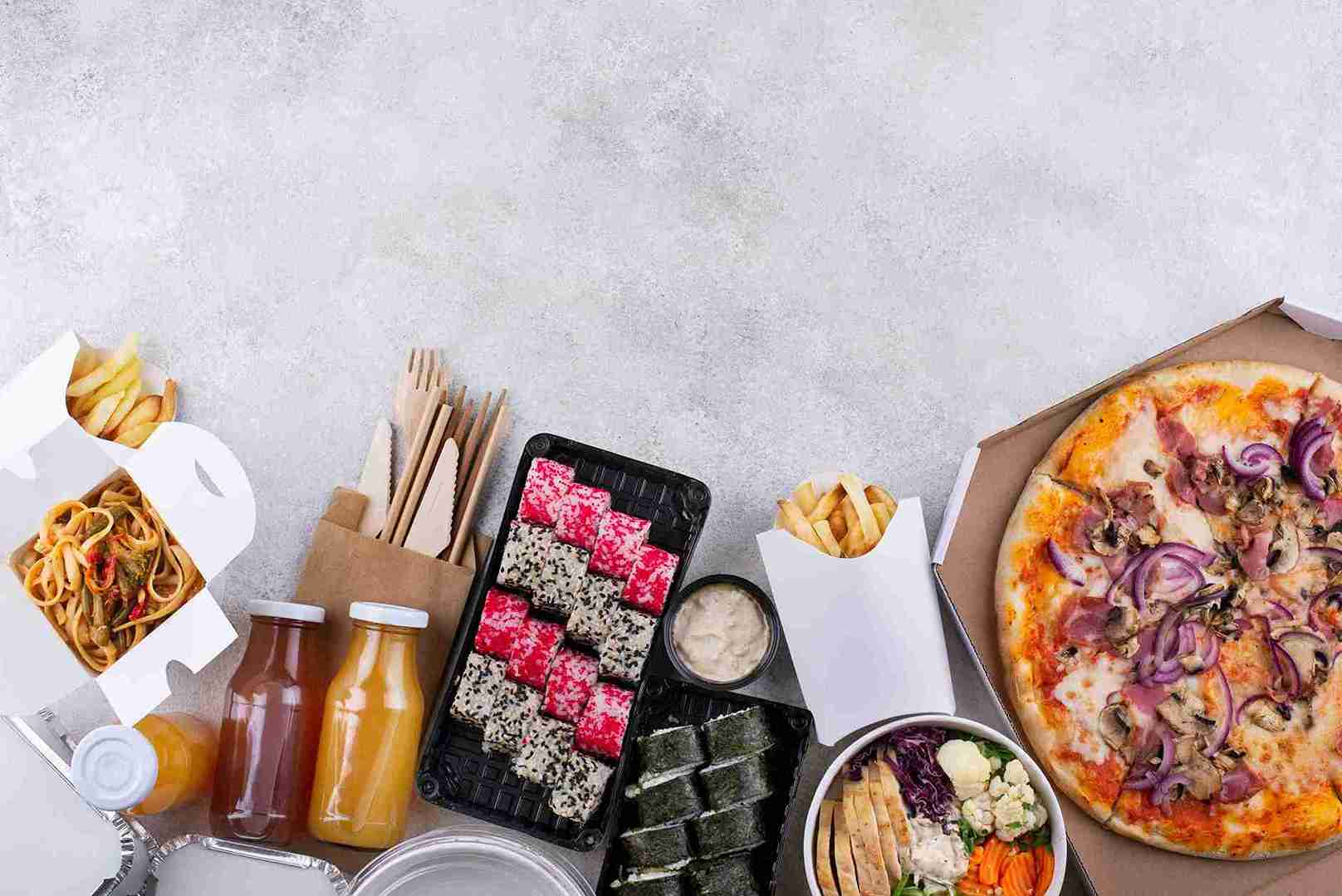 SHARE
SHARE
The Meaning of Beverage and Its Complete Explanation
Sovia
Certainly, many of us are already familiar with the term FnB, F&B, or food and beverage, especially those involved in or interested in the culinary industry.
This term is often heard in various conversations, whether in the context of business, restaurants, hotels, or other food services.
Although many are familiar with it, there are still some who do not fully understand what is meant by food and beverage.
So, what exactly is the definition of food and beverage that we often hear? To provide a clearer understanding, let’s take a look at the following explanation which will discuss food and beverage in more detail.
Beverage Meaning in the Culinary World
Food and beverage means more than just food and drinks in the culinary world. This industry plays a crucial role in meeting human needs, from home to the workplace.
Beverage refers to drinks, which include all kinds of beverages such as coffee, tea, juice, and alcoholic drinks. If asked further, beverage in Indonesian refers to all kinds of drinks we consume in daily life.
The food and beverage industry includes various types of businesses, from restaurants, cafes, and bars, to hotels.
Restaurants usually offer a variety of menus to cater to various customer tastes. Cafes focus on a relaxed atmosphere with offerings like coffee, tea, and pastries.
Bars are known for their wide range of alcoholic beverages and light snacks. Meanwhile, hotels provide food and beverages for guests staying with various menu options.
Each business in this industry is also responsible for managing menus, customer service, and maintaining the quality of the offerings.
The quality of food and beverages is a key factor in ensuring customer satisfaction and a good business reputation.
Moreover, it is also important to maintain the health and safety of the food being served. Food and drinks must be safe for consumption and meet applicable health standards.
By understanding the meaning of food and beverage, we can better appreciate how this industry supports daily life.
Read more: F&B Business: Definition, Types, and Tips to Start in 2025
Types of Products in the Food and Beverage Sector
Source: freepik.com
Food and beverage (F&B) encompasses all food and drink products sold in restaurants, cafes, hotels, and other public places.
For example, food items like rice, bread, vegetables, meat, fish, and many more.
Meanwhile, drinks included in the F&B category include water, tea, coffee, juice, and even beer.
In addition, the F&B sector also refers to industries managing food and beverage-related businesses, such as restaurants, catering services, and food processing factories.
The F&B industry plays a vital role in meeting humans' basic needs. By providing quality products, this sector helps people enjoy healthy and delicious food and beverages.
In the F&B industry, abbreviations are also commonly used in menu naming, such as beverage NP. Beverage NP can refer to a specific type of drink offered at a restaurant or cafe. One example of this application is in the Mie Gacoan menu, where food & beverage NP Gacoan refers to a menu package available at that restaurant.
F&B Trends and the Importance of Supply Chain Management
Food and beverage trends in Indonesia continue to evolve, bringing new opportunities for the culinary business.
Plant-based foods remain a popular choice with an increasing number of consumers opting for a healthy diet.
Products like plant-based meats and milk made from nuts or oats are becoming more popular across various groups. Not only vegans, but many regular consumers are also reducing their consumption of animal products.
Environmental awareness is making the zero-waste cooking concept increasingly popular in the culinary world.
Restaurants and cafes are competing to use all their ingredients and minimize waste as much as possible.
They are also actively educating consumers on the importance of protecting the environment by reducing food waste.
Additionally, the gut health trend is gaining more attention. More consumers are looking for foods that can support their gut health.
Fermented products like kimchi, kombucha, and yogurt are favorites due to their probiotic content.
Understanding these trends is key for F&B businesses to continue growing and surviving in the competitive market.
In addition to adapting to trends, efficient supply chain management is also important, especially for beverage businesses.
One of the best solutions is using ESB Goods, which connects direct purchases to trusted suppliers.
ESB Goods also provides backup verified suppliers to ensure business operations remain secure. Furthermore, automated payments via a payment gateway make transactions faster and more convenient.
Not only that, ESB also offers the ESB Capital program, a business loan service that helps culinary businesses grow more quickly.
Read more: Integrated POS Cashier for Various F&B Business Ecosystems
Conclusion
Beverage means drinks, and food and beverage refers to all food and drink products consumed daily.
This term plays a vital role in the modern culinary world, from large restaurants to small cafes.
For more efficient and integrated F&B business management, use solutions from ESB, specifically ESB Goods.
From purchasing, payment, to supplier backup services and capital loans, everything is in one system. Make your F&B business more competitive with the best solutions from ESB!
Contact the ESB Team to learn more about ESB Goods as a distributor/supplier of food ingredients for restaurants.
Take advantage of the complete solutions from ESB Goods and take your restaurant to the next level!
 SHARE
SHARE




